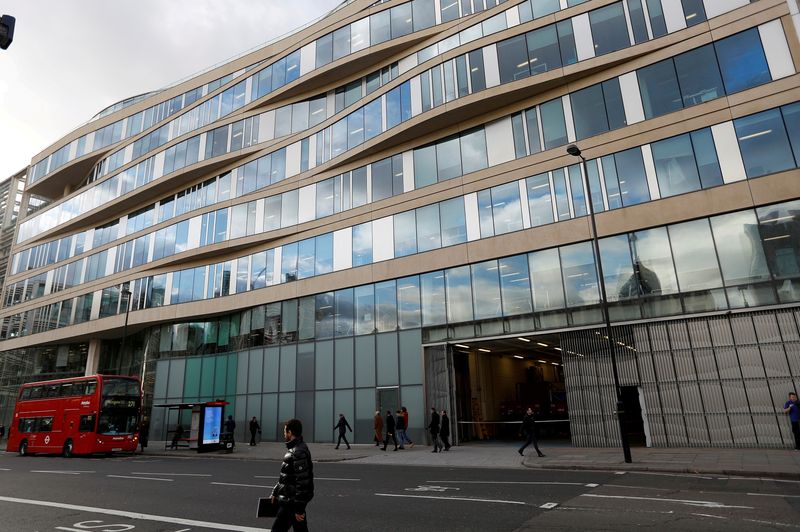By Pratima Desai
LONDON (Reuters) - Activity in CME Group's (NASDAQ:CME) cobalt futures has this year soared far above London Metal Exchange volumes, with sources citing major firms including top producer Glencore (LON:GLEN) as users covering their exposure to the battery metal.
Consumers, producers, commodity traders, brokers and banks are backing the CME's cash-settled contract as they want a liquid instrument to hedge cobalt, which has grown in importance due to its use in electric-vehicle batteries, which are crucial for meeting targets for cutting emissions.
Growing volumes for CME cobalt are expected to help the U.S. exchange win market share in contracts for other materials used in electric vehicles such as lithium and aluminium.
Meanwhile, the LME's cobalt contract has failed to gain traction due to a lack of interest from its members.
A source with direct knowledge said Glencore, the world's largest cobalt producer, wanted to support the establishment of a liquid cobalt futures market.
Glencore uses CME cobalt and also trades bilaterally with banks using over-the-counter (OTC) contracts, the source said.
Glencore declined to comment.
"Interest in CME cobalt is consistent," one source familiar with the matter said. "Volkswagen (ETR:VOWG_p) and other automakers have to include cobalt in their hedging programmes."
Volkswagen makes electric vehicles which use batteries containing cobalt. The German automaker told Reuters it does not use the CME's cobalt futures, but it trades bilaterally with banks using cash-settled OTC contracts.
Banks then hedge their exposure to Volkswagen using CME cobalt, a second source familiar with the matter said.
Volumes on the CME's cash-settled cobalt contract, launched in December 2020, have climbed 273% to 11,003 tonnes in the 10 months to end-October from the same period last year.
Open interest, the number of outstanding contracts held by the market, for CME cobalt at 8,258 tonnes in October has jumped 352% from the same period last year. Open interest is spread across maturities from November 2022 to December 2025.
CME Group declined to comment.
The LME's cash-settled cobalt contract has not traded since its launch in 2019, while interest in its physically-deliverable contract has faded, evidenced by a 68% drop in volumes to 238 tonnes in Jan-Oct from the same period last year.
Open interest on the LME's physically deliverable contract has been stuck at 13 tonnes since August compared with levels near 800 tonnes in December 2018.
"CME brokers want to make the contract work. LME brokers don't care, it's not a core offering for them," the second source familiar with the matter said.
LME declined to comment.
According to Benchmark Mineral Intelligence (BMI), cobalt demand from the battery sector accounted for 47% of the total at 88,147 tonnes in 2015.
BMI expects cobalt demand for batteries to rise to 68% at nearly 164,000 tonnes this year and 82% at 360,231 tonnes by 2030.

Most of that growth will come from electric vehicles batteries, according to BMI analyst Caspar Rawles. Cobalt ensures batteries do not easily overheat or catch fire and it helps extend their life, which automakers typically guarantee for eight to 10 years.
Glencore produced 31,300 tonnes of cobalt last year, much of it in the Democratic Republic of Congo where it is a byproduct of copper. Cobalt is also a byproduct of nickel production.